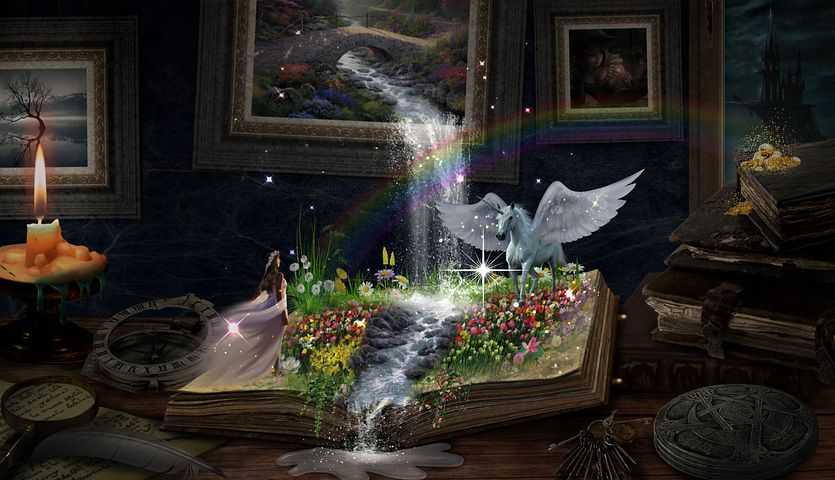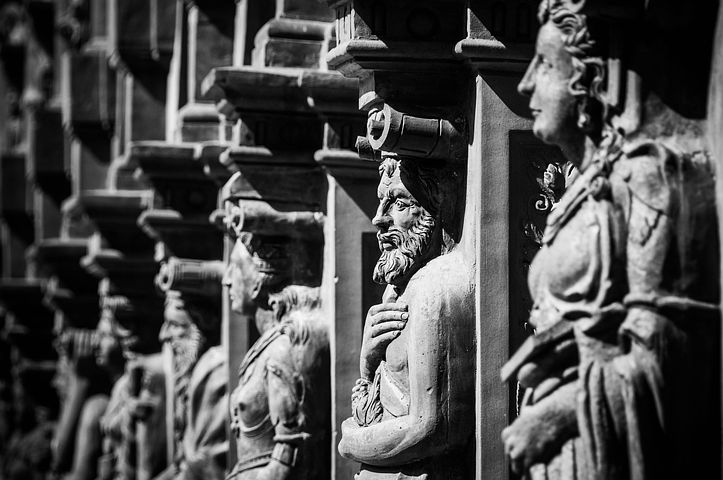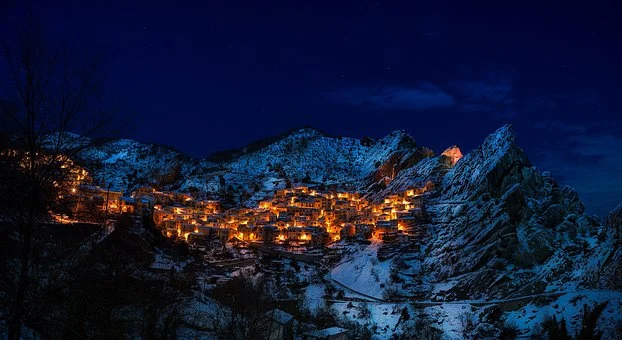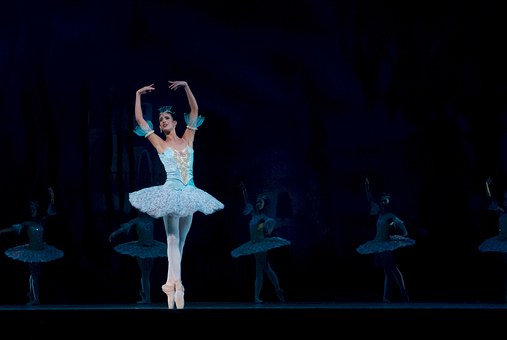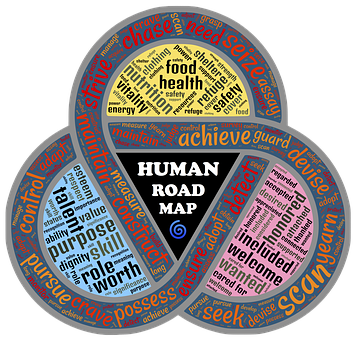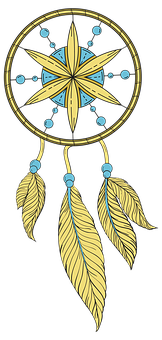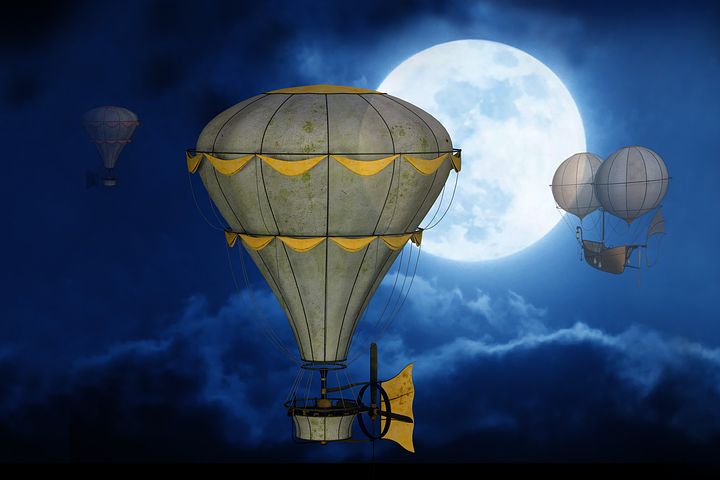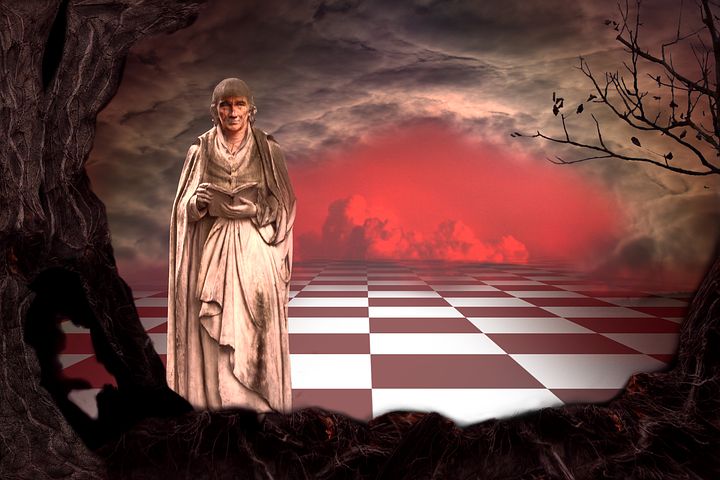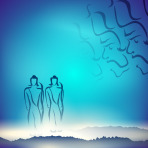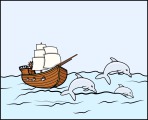Recently a dear friend, Ro, and since then also a dear friend of hers, have engaged with me online via Zoom for LifePath mapping sessions. And, I must say, “it works beautifully!” (words from a TV commercial as I was writing this).
Initially (c. 2010-2018) I conducted research, presented a series of university Humanities courses, and facilitated several public and academic seminar workshops while developing the LifePath Mapping self-discovery/ personal growth and development process that I provided for the public in my 2018 book, Your Life Path: Life mapping tools to help you follow your heart and live your dream, Now! (Skyhorse Publishers/ Carrel imprint). I have coached well over 360 persons through this often life-changing ‘rite of passage’ self-reflection and journalling process. Almost everyone who has completed this creative life mapping approach to reveal their personal Life Themes, Life Chapters, Life Story, Archetypal cast of characters, Life Dream and challenges, and Life Dream realization/ Future LifePath envisioning procedures have found it empowering to reveal their own unfolding story to themselves so they can envision a more mindful and fulfilling future life trajectory.
I do not take credit for life mappers’ deeply meaningful personal reflections and creative visioning abilities. I am always amazed at how easily and readily anyone willing to “look within” can reveal their own life story threads and encounter some of their most dynamic unconscious archetypal sub-selves—and internal conflicts—with eloquence and clarity, by engaging with this simple, processual sequence of life mapping and journaling tools.
It lights me up when I coach someone through a life mapping process. It is like being invited to attend another’s sacred spiritual initiation; in fact, it is very much like that, because people often undergo a deep and profound transformation of consciousness.
My reason for sharing about my recent return to coaching using the LifePath mapping process is that in witnessing again how individuals can benefit from taking ‘time out’ for life review and future life creative envisioning, I realize that I should—and would still like to—find ways to share this approach more widely. The book that I published, while I believe well written and comprehensive, did not get published in the format I had intended. Since the publisher mainly targets libraries, they required me to reduce the 75 workbook tools I had designed for the self-discovery process, to truncated, chapter-ending instructions, so that readers would not write directly in the books. Very few readers, that I know of anyway, have taken full advantage of these tools except when I have personally coached them through the process. I have included The Life Maps Toolkit itself, including all 75 workbook activities fully formatted, as an unpublished Ms. which you are free to download from the right panel here. Some fifty or more persons have taken advantage of the toolkit from here. Yet without the book to provide adequate context, the toolkit alone may not provide enough guidance to fulfill the process altogether.
I would like next to redo the workbook-style toolkit by adding brief chapter or section-introductory material, so that the workbook can adequately conduct the reader/ life mapper through the full process effectively.
But, meanwhile:
images are from pixabay.com
I INVITE ANY OF YOU who are readers of this blog to contact me for life mapping sessions via Zoom. I would provide at least three free, approximately one hour sessions, and beyond that we could negotiate terms if you might wish to continue with me, instead of on your own, to progress more deeply with the process. These three sessions would guide you to complete Stage One (of three) of the LifePath Mapping process, including: computer-generated LifeMaps with your self-identified Life Themes and Life Chapters; a Parallel Myth synopsis of your heroic life adventure; and an introduction to your personal-unconscious archetypal cast of mythic characters. Small group sessions could also be negotiated.
You can reach me by responding in the Comments area below, or see my contact info in the menu tab above. Feel free to share about this offer with a friend or relative, too, if you feel s/he might benefit.







